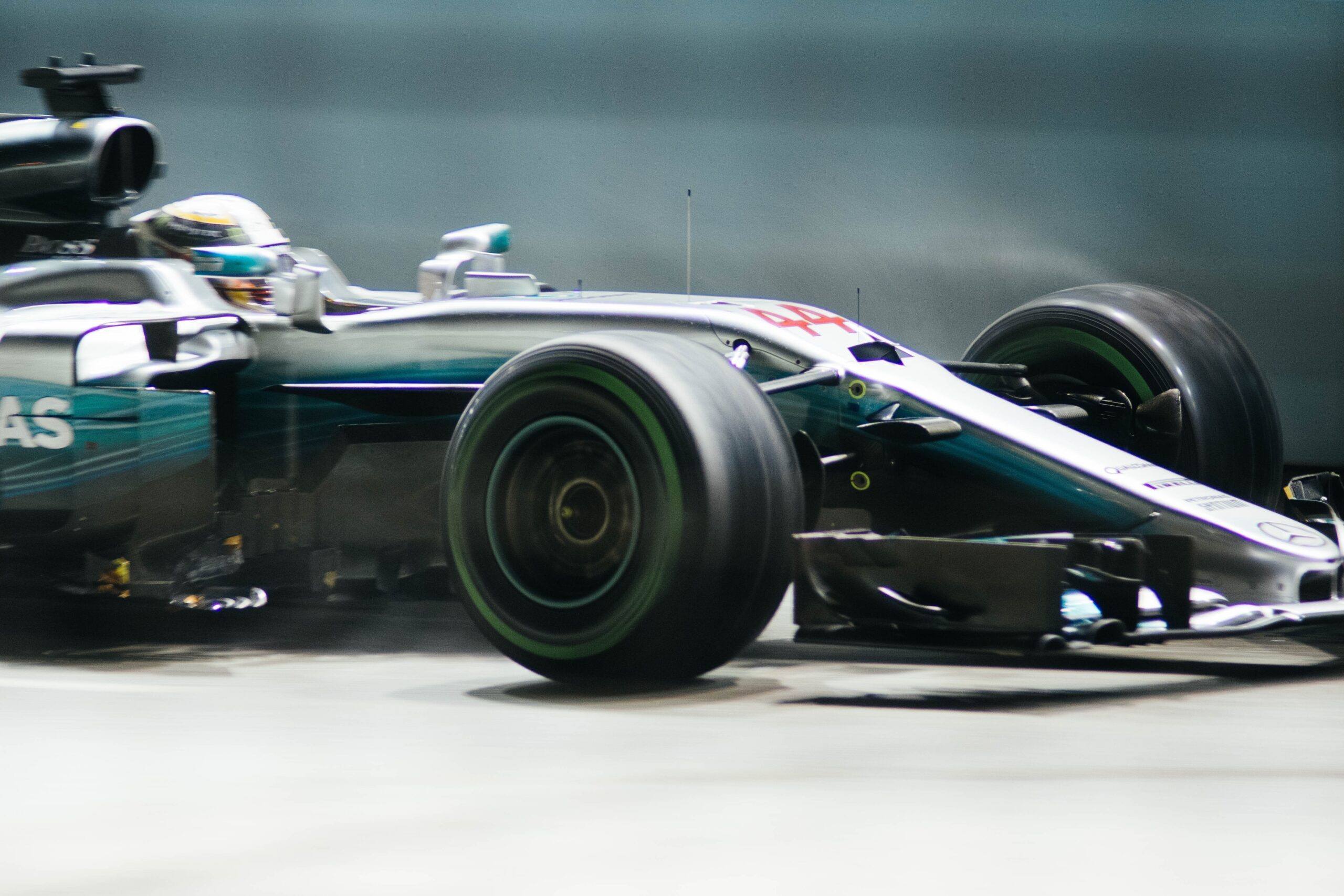The Defense Innovation Unit — stood up in 2015 by Secretary Ash Carter to help the Defense Department to Silicon Valley style innovation — has been on a tear recently. They are working on behalf of commercial companies that are critical to our national security innovation base, and have already posted 19 needs statements contracts this calendar year, with awards soon to follow, which is more than they did the entire last year.
Speaking on Government Matters, I had the opportunity to highlight why I think DIU is on a hot streak—and why this is a good thing for the DoD and the Nation.
In my mind, DIU is a huge untold success story. Building on the leadership of past director Raj Shah, new director Mike Brown has continued to scale the organization — focused on AI, autonomy, cyber, human systems, and space commercial technologies.
DIU’s mission is to accelerate commercial technology into the DoD. They do it by conducting rapid due diligence of next-generation commercial tech companies, helping DoD entities try and buy products, faster and better. They work with small businesses, start-ups, ScaleUps, and large companies, but the constant is that they are looking for commercial products, not technology that is custom-built for the DoD.
Since 2016, they’ve awarded over a half billion dollars in 150+ prototype contracts to commercial companies, including over 120 prototypes contracts to what DoD calls “non-traditional vendors” (i.e. not a typical defense contractor). And over 60 of those vendors have been completely new to the DoD—meaning that this was the first-time doing business with the DoD.
Scaling Technologies into Production Inside the DoD
One of the biggest success stories of DIU, in my mind, is that DIU has helped DoD entities go from prototype to production, using other transaction (OT) authority.
As an example, with DIU’s help, US Cyber Command signed a multi-year production OT deal with the leading cyber threat platform, Recorded Future. Using DIU’s rapid vetting and acquisition process, U.S. Cyber Command was able to try the capability of the leading commercial vendor. When it proved successful in the field, scale it across the services quickly. (Disclosure: Insight is an investor in Recorded Future). Other examples of production OT deals that DIU has brokered include Shield AI and C3.ai.
As the outgoing Deputy CIO of the Air Force, Bill Marion, likes to say, DoD doesn’t have an innovation problem. It has an innovation scaling problem. If DIU can continue to help combatant commands and the services truly scale innovative technology on a repeatable basis, they will have massively changed DoD for the better. DIU is finding and leveraging companies with private-sector investment—including venture capital backed companies, which means the taxpayer wins by not having to exclusively fund R&D for what are essentially dual-use technologies
You’d think covid19 would have disrupted DIU, but they were able to pivot very quickly to working from home. (It helps they use commercial tools themselves, and they are a distributed organization across Silicon Valley, Boston, Austin, and DC.) “DIU is not slowing down, we are accelerating,” Tom Foldesi, DIU’s commercial engagement director, told Defense News recently. “All of our programs are fully funded and continue to execute on schedule. The stability that government can provide in times of crisis is a bright spot for many companies. DIU will continue to execute all of our initiatives aggressively.
DIU also has new authorities, which is a vote of confidence by DoD leadership. Undersecretary of Defense for Acquisition and Sustainment Ellen Lord recently delegated DIU new contracting authorities, including the ability to directly enter into other transaction authority (OT) agreements. While DIU was previously working with Army to execute prototype contracts quickly, having their own contracting authorities ensures that DIU can control its own destiny and even move faster.
The Promise of DIU is Bright
In my opinion, and from the lens of a growth investor, the promise of DIU is that they not only bring commercial technologies but methodologies into the DoD — streamlining processes to make DoD a better customer. I had the privilege of testifying in Congress about scaling innovation in government, and I argued that the DoD and Intelligence Community (IC) too often builds software when it should be buying modern technology. DIU-style sourcing of next generation commercial technology is an example of what I think DoD and the IC should be doing more of.
Looking forward, I’m eager to see new DIU-facilitated contracts in areas like rapid patching, AI applied to cyber, space sensors, and many others. But DIU’s legacy is bigger than just the contracts it executes. It’s also the people that and groups it influences, and the people work in DIU and then rotate out. (One very direct example: the U.S. Air Force’s leading software factory, Kessel Run, was co-founded by Col. Enrique Oti from his role at DIU.) Beyond the direct contracts, I’ll be watching to see how the larger DoD continues to adopt DIU methods.










